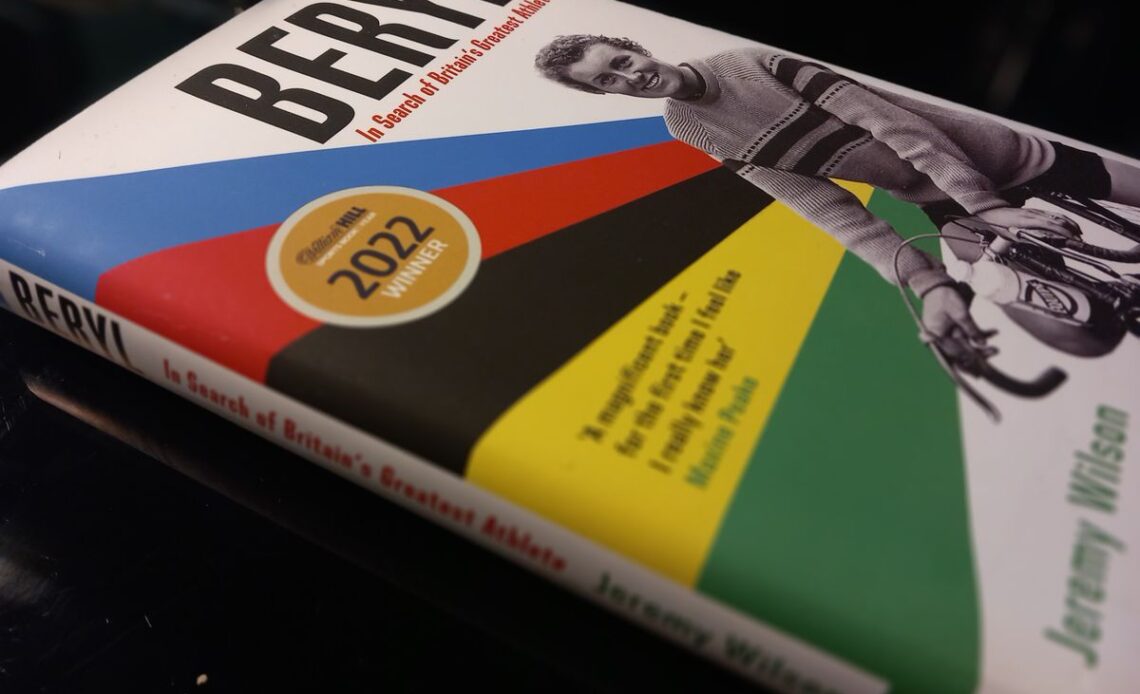Title: Beryl – In Search of Britain’s Greatest Athlete
Author: Jeremy Wilson
Publisher: Pursuit
Year: 2022
Pages: 338
Order: Profile
What it is: Another biography of Beryl Burton, seven-time World Champion
Strengths: Wilson seeks to find what drove Burton, to understand the woman behind the records
Weaknesses: Wilson frees Burton from the imagined dungeon of obscurity to which we are all supposed to believe she was consigned only to imprison her on the pedestal of Britain’s greatest athlete
“Tactically I’m helpless. I can’t say I like road racing.”
~ Beryl Burton, two-time road race World Champion, 12-time road race National Champion.
On the penultimate Sunday of September, 1968, Beryl Burton sat on her gleaming Jacques Anquetil bicycle and listened as the starter counted her down from five to one before she set off on one of the most memorable time trials of her life.
Burton had ridden her first time trial 15 years before, covering a 10-mile course in a time of about 33 minutes. In the intervening years she’d hacked chunks off that time and by this early Autumn Sunday afternoon her British record for the distance stood at 22’45”. In those 15 years, Burton had listened to the starter counting her down from five to one scores of times a year as she travelled the length and breadth of England in search of fast courses and ever faster times.
What was different this time was that the starter counted her down in French, cinq à un. And instead of some code-named drag-strip somewhere in the middle of nowhere, she was in the Vallée de Chevreuse, on the south-western edge of Paris, about to ride to one of the most storied velodromes in cycling history, the Vélodrome Municipal de Vincennes, since the 1980s renamed the Vélodrome Jacques Anquetil, but best known then and now simply as La Cipale. The time trial Burton was about to start wasn’t organised by some local club, she was about to start the unofficial time trial World Championships, the Grand Prix des Nations.
First organised by Paris Soir’s Gaston Bénac and Albert Baker d’Isy in 1932, the GP des Nations had become a part of the burgeoning Amaury empire after the forced closure of Paris Soir following the end of the Second World War. The race’s palmarès included some of the best time trialists of their day: Maurice…
Click Here to Read the Full Original Article at Podium Cafe – All Posts…

